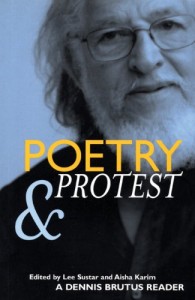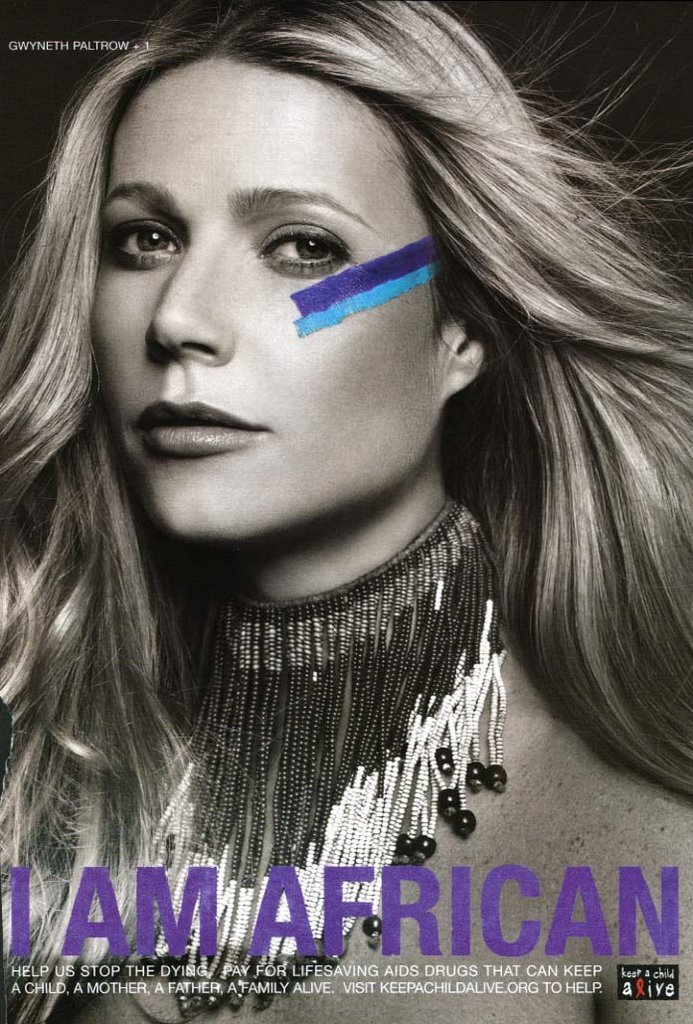"You have to decide which side you are on: there is always a side. Commitment does not exist in an abstraction; it exists in action”. -- Dennis Brutus, 1975
Somehow we survive – Dennis Brutus
Somehow we survive
and tenderness, frustrated, does not wither.
Investigating searchlights rake
our naked unprotected contours;
over our heads the monolithic Decalogue
of fascist prohibition glowers
and teeters for a catastrophic fall;
boots club the peeling door.
But somehow we survive
severance, deprivation, loss.
Patrols uncoil along the asphalt dark
hissing their menace to our lives,
most cruel, all our land is scarred with terror,
rendered unlovely and unlovable;
sundered are we and all our passionate surrender
but somehow tenderness survives.
Who was Dennis Brutus?
For almost half a century, Dennis Brutus was at the forefront of the campaign to bring down the apartheid system in South Africa, the place that exposed him to racism, poverty and injustice, and informed his work subsequently.
In 1963 Brutus was shot by the police in South Africa and later imprisoned for 18 months, alongside Nelson Mandela on Robben Island- a notorious, escape-proof facility off the South African coast. During his imprisonment, his first volume of poetry, Sirens, Knuckles, Boots (1963) was published. In 1965, Brutus was released and allowed to leave South Africa on the condition that he would never return. He emigrated to England in 1966 and then to the United States in 1970.
One of the most profound and lasting ways in which Brutus carried this torch of experiences was through his poetry. In his poetry, Brutus returned powerfully to his traumatic experience of punishment and isolation on Robben Island. They contain some of the most harrowing descriptions of daily prison life, a season in hell that left a lasting mark on Brutus both physically and mentally.
To use poetry as a means of fighting back against the forces of oppression and exploitation was not just an intellectual choice, but an existential cry from the heart for social change. These autobiographical writings not only provide unique documentation of the cruelties of an oppressive system; they also help us understand Brutus' determination to convey the lessons of the past to those who are struggling for a better future.




No comments:
Post a Comment